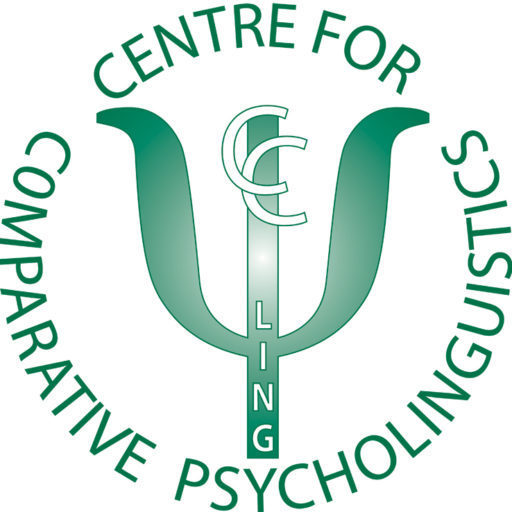R. Harald Baayen & Yu-Ying Chuang
(University of Tuebingen)
Linear Discriminative Learning (LDL) is a computational implementation of Word and Paradigm Morphology (Blevins, 2016). Embracing and formalizing the idea of paradigmatic analogy while staying away from the assumptions underlying decompositional theories, LDL provides a morpheme-free model of the mental lexicon that learns the implicit associations between high-dimensional representations of words’ forms and semantics.
In this course, a lecture series will introduce the theoretical background and the design of the LDL model for the mental lexicon, as well as review modeling results obtained for a wide range of tasks (e.g., visual and auditory word recognition, speech production, nonword processing) across different languages.
A series of lab sessions, including hands-on exercises, will introduce participants to working with the LDL software as implemented in the R package WpmWithLdl, covering data preparation, model building, model evaluation, and the analysis of experimental response variables with model-based predictors.
This course will enable participants to build and test their own LDL models, and to evaluate the strengths and weaknesses of this computational implementation of the mental lexicon.
References:
Baayen, R. H., Chuang, Y. Y., Shafaei-Bajestan E., and Blevins, J. P. (2019).
The discriminative lexicon: A unified computational model for the lexicon and lexical processing in comprehension and production grounded not in
(de)composition but in linear discriminative learning. Complexity, 2019, 1-39.
Baayen, R. H., Chuang, Y. Y., and Blevins, J. P. (2018). Inflectional
morphology with linear mappings. The Mental Lexicon, 13 (2), 232-270.
Sering, K., Milin, P., and Baayen, R. H. (2018). Language comprehension as a
multi-label classification problem. Statistica Neerlandica, 72, 339-353.
